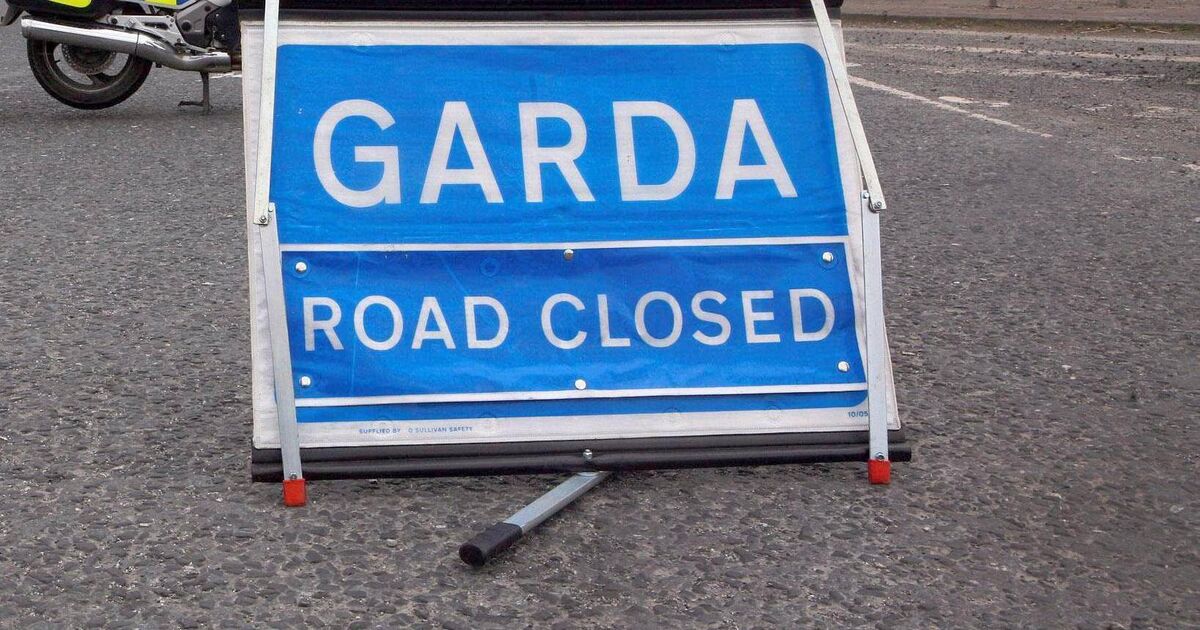Congenital disorders
Lack of child deaths data a ‘critical challenge’
Significant gaps in crucial information surrounding child deaths are resulting in “very little” accurate data being available, according to the National Office of Clinical Audit (NOCA).
The NOCA said the lack of a centralised database for the accurate analysis and timely reporting of data related to child deaths has been a “critical challenge”.
The issue was raised before the launch of the National Paediatric Mortality Register 2023 Report which includes data from 892 children under 19 years of age whose deaths were registered between 2019 and 2021.
The National Paediatric Mortality Register (NPMR) relies on extracting data from multiple sources which has led to significant gaps in crucial information.
The report found that the overall infant mortality rate from 2019-2021 was 3.1 per 1000 live births, which is close to the EU average of 3.4.
Some 46% of deaths occurred during the neonatal period which is less than 28 days old, while mortality rates in children aged 1–14 years and young people aged 15–18 years have declined by 50% since 2007.
Post-infancy, the leading cause of childhood death is accident and injury, accounting for one in five deaths in children aged 1–14 years, and one in two deaths in young people aged 15–18 years.
Almost a quarter (24%) of injury-related deaths in children aged 1-14 years were due to road traffic collisions.
“However, this is not the full picture and there is currently very little accurate data available on the circumstances and reasons for mortality in children, particularly after the age of five years; on how many children die in any one year, where they die and from what causes,” a spokesperson said.
NPMR Chair Professor Michael Barrett warned that there is an “urgent” need for a centralised child mortality database.
“Accurate data on child deaths in Ireland is a beacon of hope for families, a testament to the lives lost, and a roadmap to a safer future.
“While many deaths may be preventable, understanding the complex landscape of child mortality, including trauma, congenital disorders and cancers, allows us to strive for better care and support for those who need it most,” he said.
Patient and public interest representative Kate Burke who lost her son, Kieran, said not acting on the report is “simply not an option”.
“It’s hard to comprehend in this day and age, just how poor the data is on paediatric mortality.
“I can’t bring my child back but if this medical information can play a part in improving the outcomes for other children and their families, it will be its own kind of comfort,” she said.

